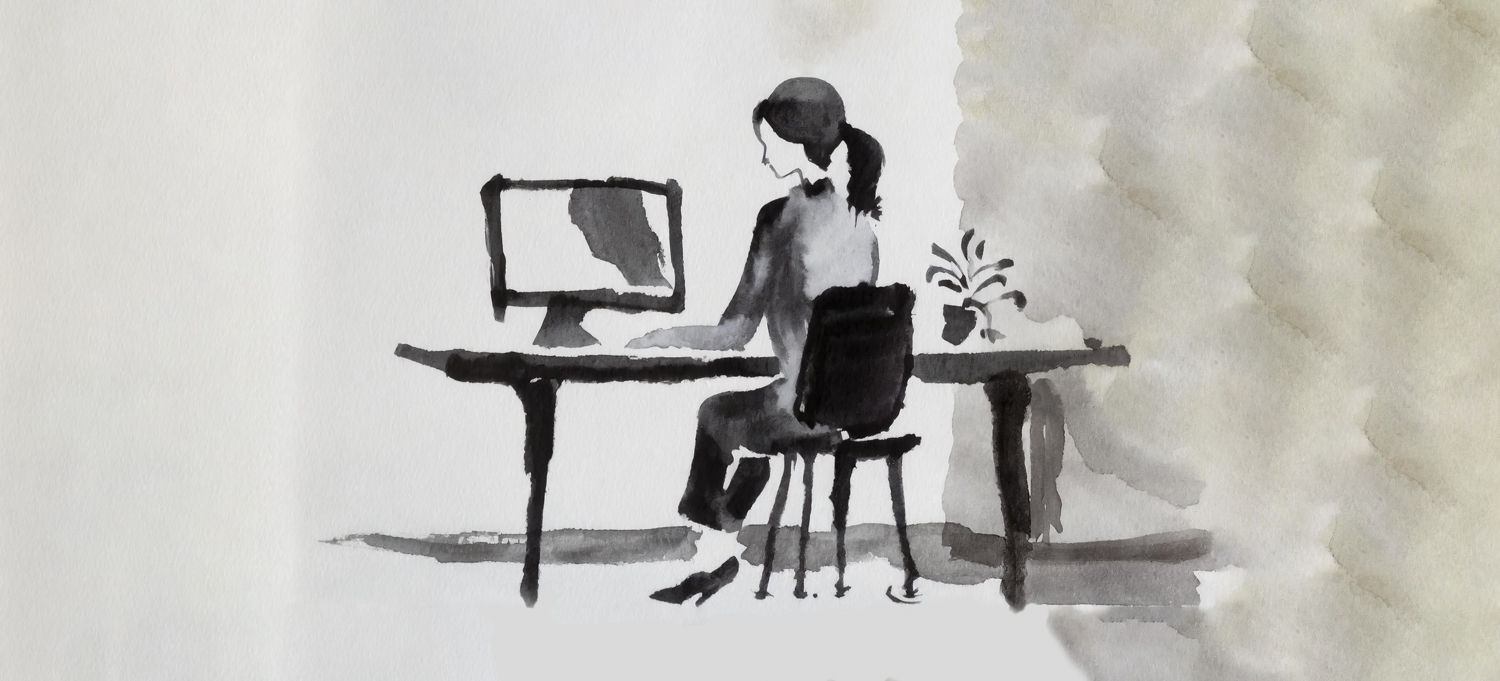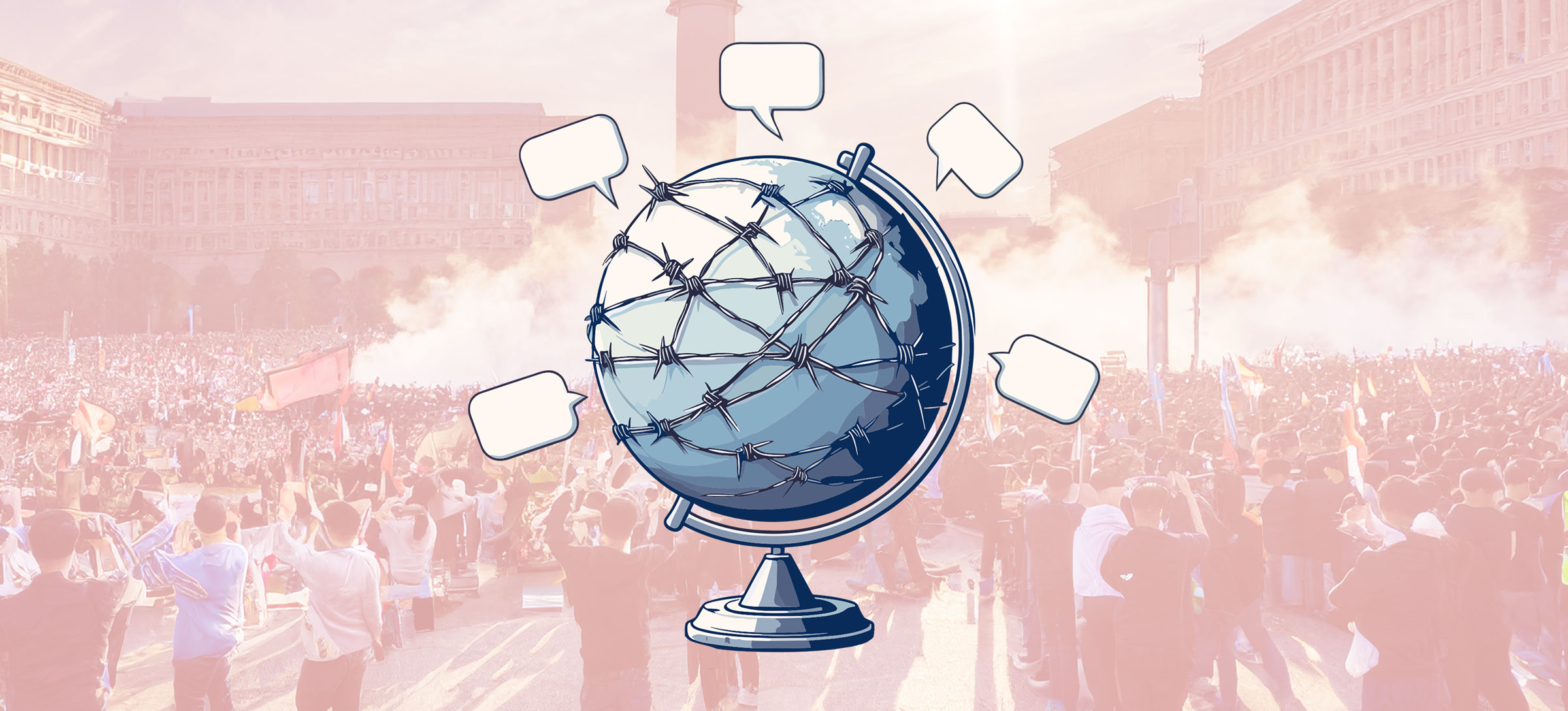Background report: Empowering Audiences – Against Misinformation Through ‘Prebunking’
Download the report Author: Michael Bang Petersen, Professor of Political Science, Aarhus University, Denmark Executive Summary Exposure to misinformation can change people’s views but often the impact is limited because specific attitudes are often rooted in larger worldviews that are difficult to change. Nonetheless, exposure to misinformation can have a number of other adverse […]










